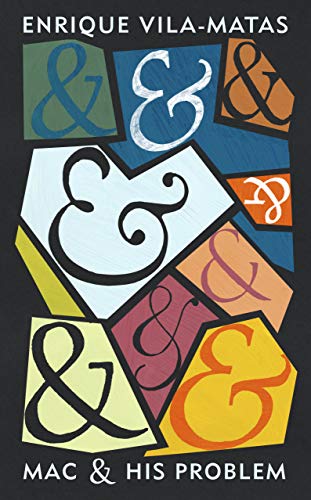What do you think?
Rate this book


Enrique Vila-Matas’s new novel is perhaps his greatest: 'playful and funny and among the best Spanish novelists' (Colm Tóibín)
Mac is not writing a novel. He is writing a diary, which no one will ever read. At over sixty, and recently unemployed, Mac is a beginner, a novice, an apprentice – delighted by the themes of repetition and falsification, and humbly armed with an encyclopaedic knowledge of literature. Mac's wife, Carmen, thinks he is simply wasting his time and in danger of sliding further into depression and idleness. But Mac persists, diligently recording his daily walks through the neighbourhood. It is the hottest summer Barcelona has seen in over one hundred years.
Soon, despite his best intentions (not to write a novel), Mac begins to notice that life is exhibiting strange literary overtones and imitating fragments of plot. As he sizzles in the heatwave, he becomes ever more immersed in literature – a literature haunted by death but alive with the sheer pleasure of writing.
Intricate, erudite and practically fizzing on the page, Mac and His Problem is a masterpiece of metafiction and a testament to the power and playfulness of great literature.
214 pages, Kindle Edition
First published February 1, 2017


i still don't know quite what made me think of all of this, but a diary exists as a lasting record of what we were thinking on any given day, just in case, in the future, on rereading whatever we told ourselves that morning, we discover that the things we wrote down without a second thought are now the only rocks we can cling to.the ninth of enrique vila-matas's books to be translated into english, mac's problem (mac y su contratiempo) may well be the spanish novelist's liveliest (dare i say friskiest?!) work yet. mac, a newly unemployed builder, sets about keeping a diary (in lieu of a fake posthumous book he'd actually like to write). from there, mac decides to rewrite a novel originally authored by his insufferable neighbor (now a successful writer himself), in which each chapter is written in the style of famous author.
sometimes, a few sidelights shining in from the wings can make all the difference center stage.